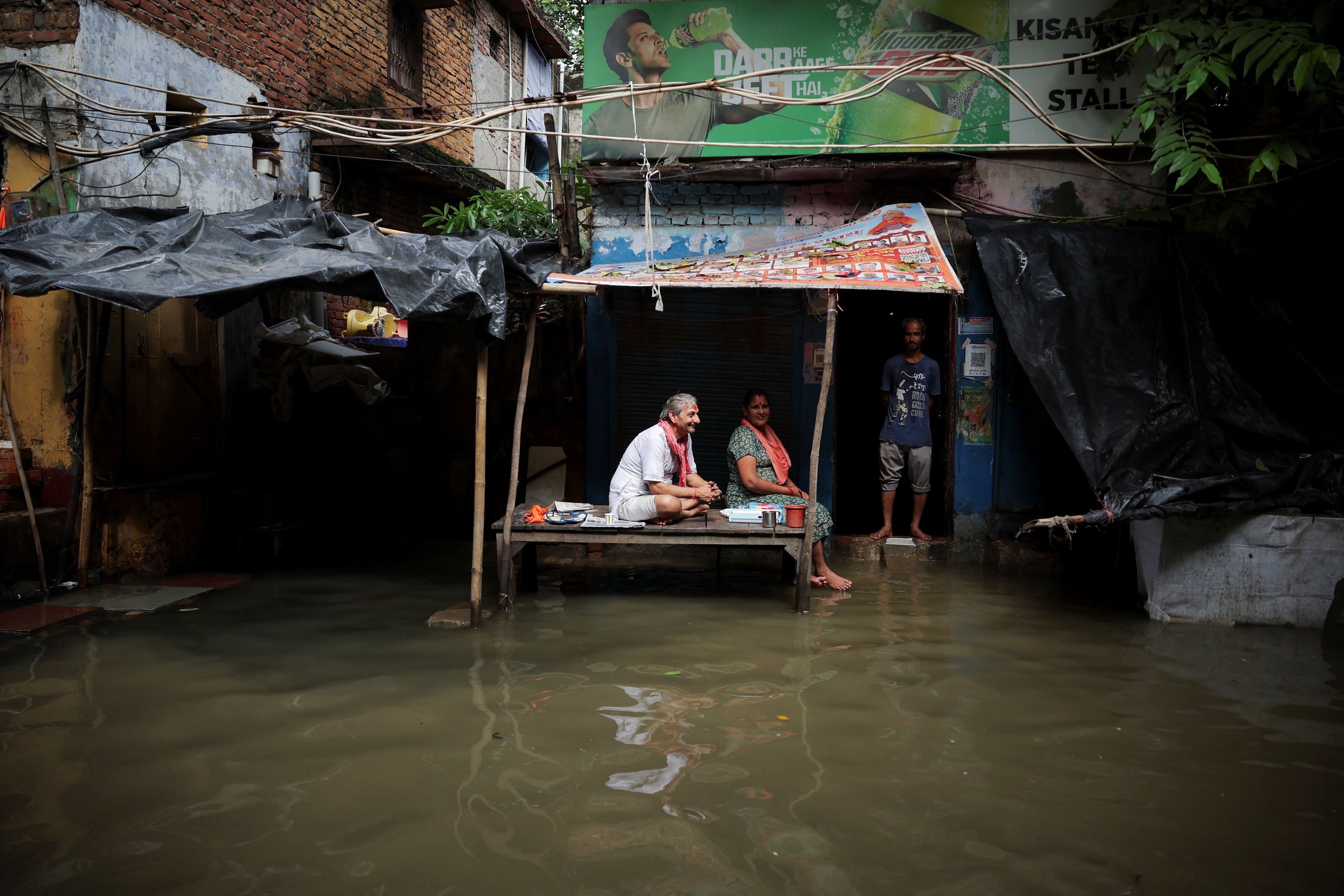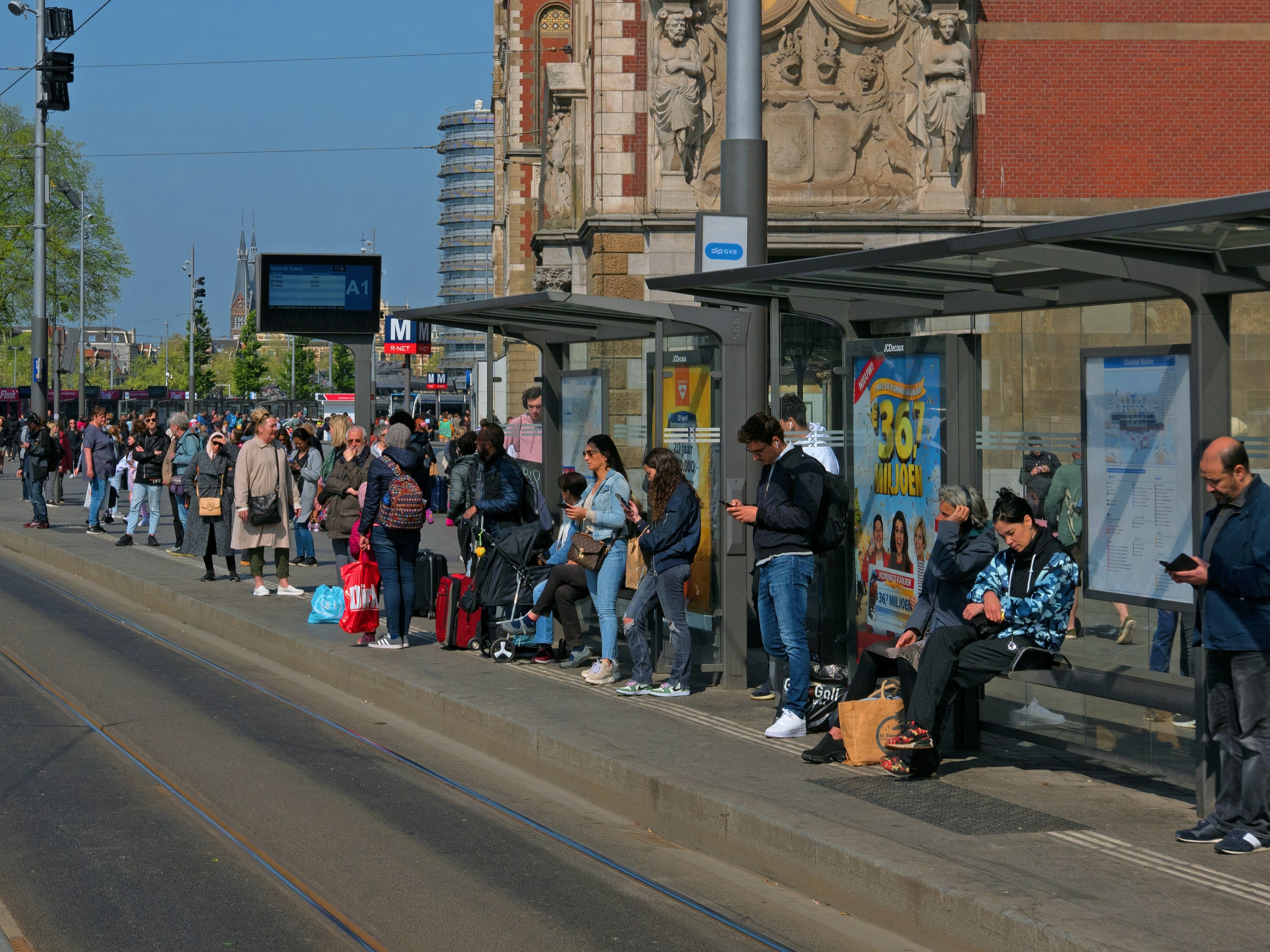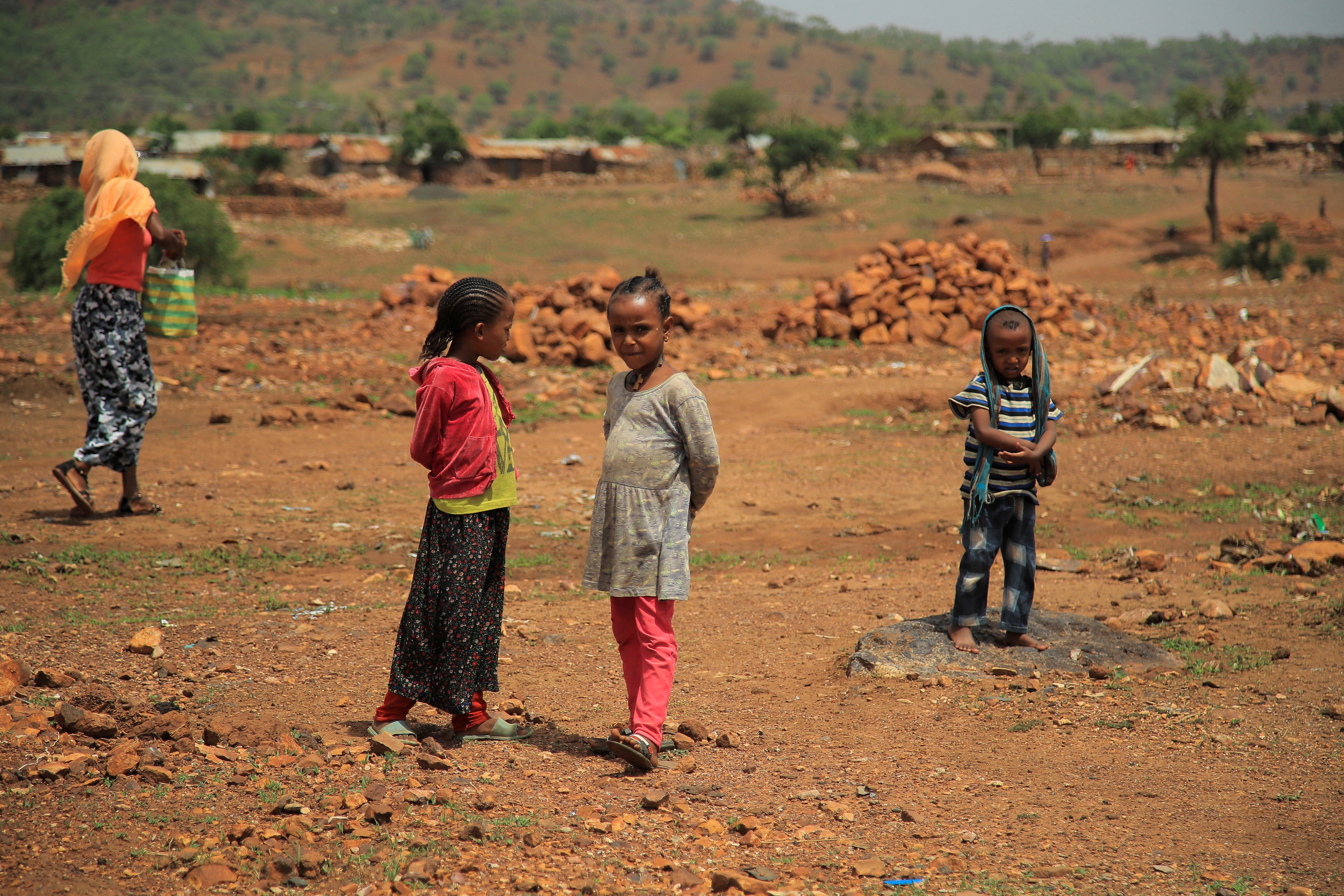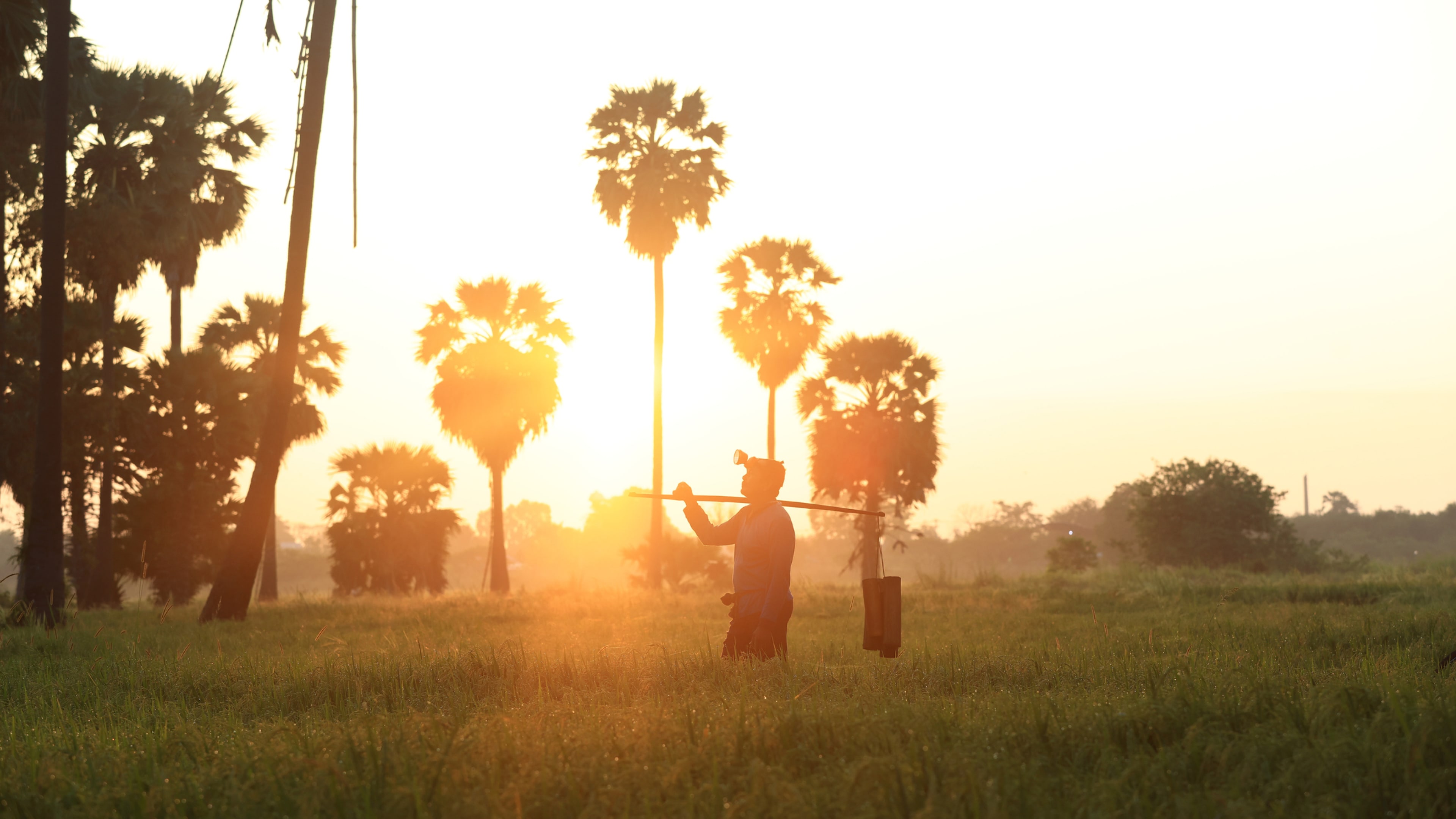Nearly 1 in 100 people worldwide have been driven away from their homes

Syrian citizens account for one in five of the world’s displaced people. Image: REUTERS/Umit Bektas
There are more than 65 million people displaced from their homes, a record high since World War II.
This amounts to 0.8% of the global population, or to put it another way, roughly the population of France; or of Canada, Australia and New Zealand combined.

The UNHCR, the UN’s refugee agency, has been collecting data on displaced people since 1951, and in recent years it has seen numbers increase drastically. In 2015 alone, 5.8 million people were displaced.
Conflict, persecution and human rights violations have driven people from their homes in search of safety. The UNHCR Global Trends report looked at the figures for 2015 and found that 24 people were forced to leave their homes every minute.

The UNHCR’s definition of a displaced person includes those who still live in their country of origin (internally displaced people), as well as those who have fled across borders (refugees and asylum seekers).
The Middle East is hosting many of the world’s displaced people, both the internally displaced as well as refugees and asylum seekers.
In fact, as this chart from the Pew Research Center shows, more than one in 20 people in the region are displaced. Many of them have fled the Syrian conflict, which has been a major contributor to the steep rise in people driven away from their homes.

Since the war began in 2011, almost 5 million refugees have made their way to another country in search of safety, and 6.6 million are now internally displaced within Syria.
Syrian citizens account for one in five of the world’s displaced people.
_____________________________________________
Have you read?
_____________________________________________
Countries with the most internally displaced people include Colombia (6.9 million), Syria (6.6 million) and Iraq (4.7 million).
Lebanon hosts the largest number of refugees in relation to the size of its population, with 183 refugees per 1,000 citizens.
Overall, Turkey is providing sanctuary to the largest number of refugees – 2.5 million people took refuge there in 2015.
Pakistan has more than 1.5 million Afghan refugees who have fled the conflict in Afghanistan, and who make up more than half of the displaced population living in the country.
Children are often those most at risk, and the UNHCR estimates that they made up over half of the world’s refugees in 2015.
Many were separated from parents and family, or travelled to a different country alone.
Speaking earlier this year, UN Secretary-General Ban Ki Moon warned: “We are facing the biggest refugee and displacement crisis of our time. Above all, this is not just a crisis of numbers; it is also a crisis of solidarity.”
Don't miss any update on this topic
Create a free account and access your personalized content collection with our latest publications and analyses.
License and Republishing
World Economic Forum articles may be republished in accordance with the Creative Commons Attribution-NonCommercial-NoDerivatives 4.0 International Public License, and in accordance with our Terms of Use.
The views expressed in this article are those of the author alone and not the World Economic Forum.
Stay up to date:
Drivers of War
Forum Stories newsletter
Bringing you weekly curated insights and analysis on the global issues that matter.
More on Resilience, Peace and SecuritySee all
Shoko Noda and Kamal Kishore
October 9, 2025







